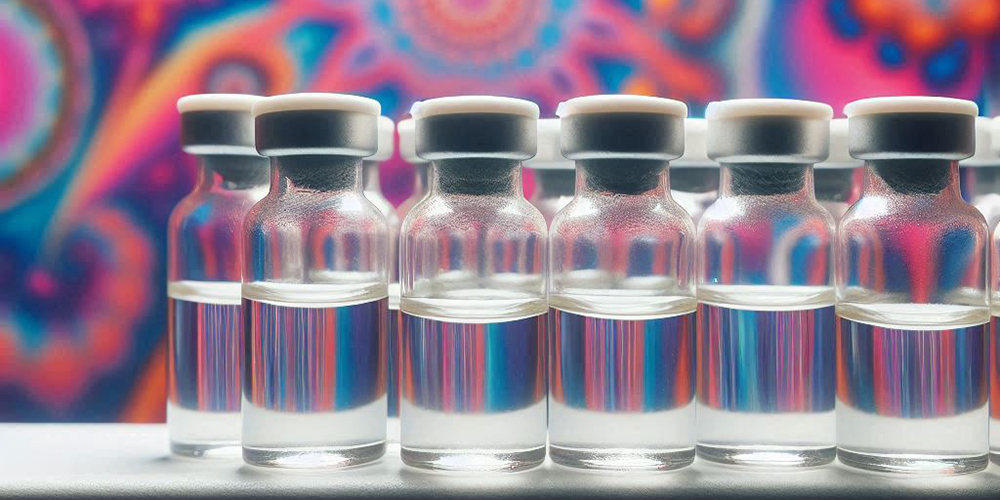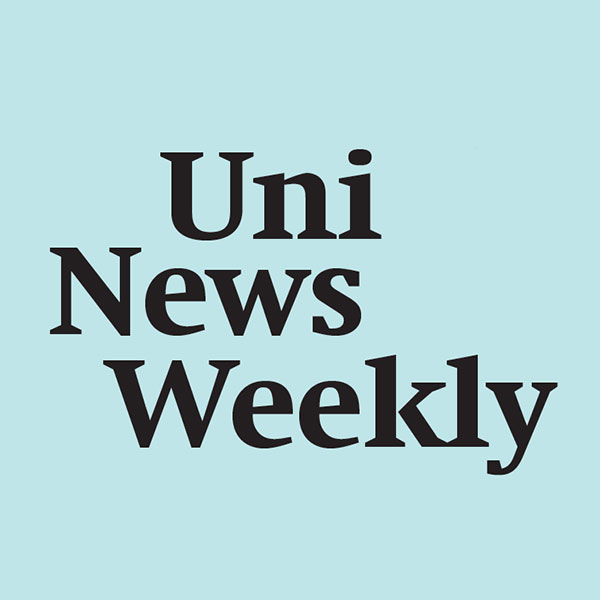Drug Approval: New Country Comparison Shows Great Savings Potential
The regulatory requirements for the approval of new drugs vary greatly internationally in regards to the resources allocated to the authorities, the evaluation periods for approval and the fees for the pharmaceutical companies. This reports a study of the European Center of Pharmaceutical Medicine at the University of Basel. The results were published in the journal Nature Reviews Drug Discovery.
14 August 2017
The researchers compared the regulatory authorities responsible for approving drugs and medical products in 12 countries, among them, for example, Swissmedic in Switzerland and the U.S. Food and Drug Administration (FDA). The results show that international pharmaceutical companies encounter very different regional requirements.
Depending on the country, identical products are being evaluated not only according to different standards and processes to verify their effectiveness and safety, but certain aspects are also being reviewed and assessed multiple times and in various ways.
Harmonization could increase efficiency
The regulatory hurdles for approval (fees, studies, evaluation periods, etc.) are known to be a significant time factor in the global drug development. Different approval requirements prolong the time until the market entry of new, innovative drugs which also impacts their price. The study thus shows that a harmonization of these approval requirements and processes could significantly improve efficiency.
“Patients would profit especially since new drugs would be available faster and at lower prices,” comments Prof. Dr. Thomas D. Szucs from the European Center of Pharmaceutical Medicine at the University of Basel. “This suggests that companies and authorities should strengthen their international collaboration and communicate better with each other.”
With their study, the researchers hope to contribute to higher cost efficiency in the development of drugs and shorter authorization processes.
Original source
Anand B. Jain, Annette Mollet, and Thomas D. Szucs
Structural and procedural characteristics of international regulatory authorities
Nature Reviews Drug Discovery (2017), doi: 10.1038/nrd.2017.135
Further information
Prof. Dr. Thomas D. Szucs, University of Basel, European Center of Pharmaceutical Medicine, phone: +41 61 207 19 50, email: thomas.szucs@unibas.ch



